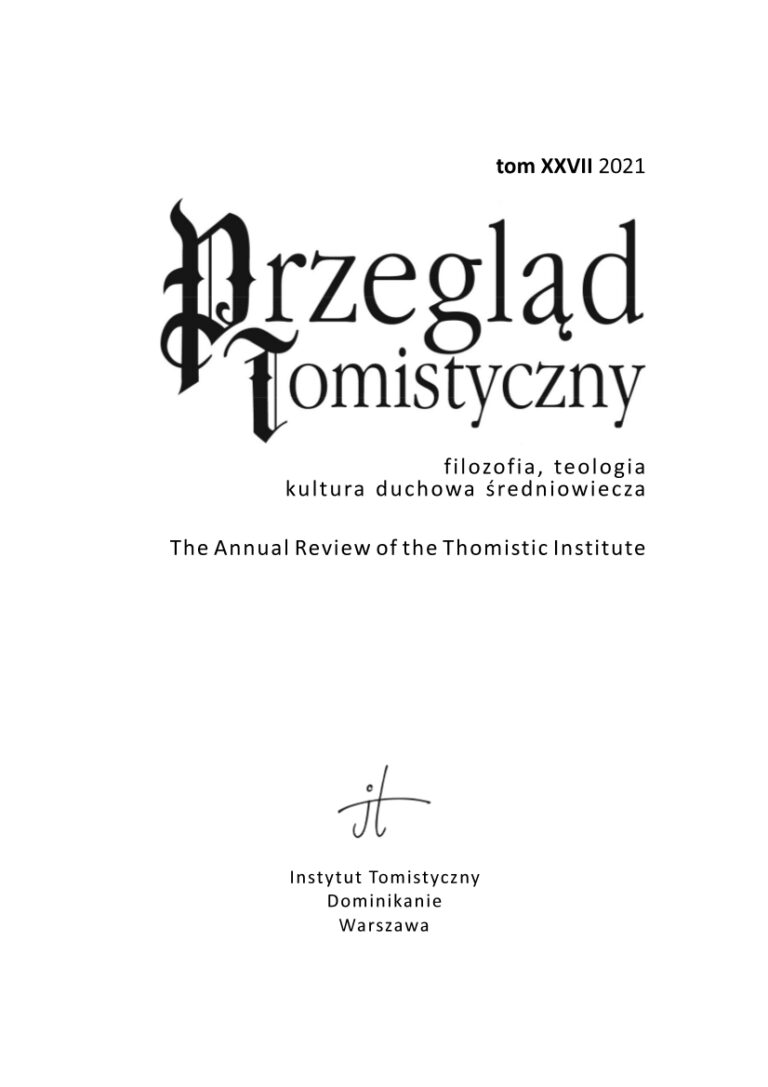TOMASZ TIURYN, The notion of “pragma” in Aristotle’s theory of signification

Volume XXVII: 2021
Philosophy — Theology — Spiritual culture of the Middle Ages
ISSN 0860-0015
e-ISSN 2544-1000
SUMMARY
The concept of pragma is one of the fundamental concepts of Aristotle’s theory of language. It is the object signified by linguistic expressions, grasped by thoughts and predicated in statements. Yet, its ontological status in Aristotle is rather elusive. On some readings, pragma is “a thing in the world”, on some it is “a thing as conceived of by the intellect”, on others it is linguistic sense. In this paper I analyze the concept of pragma in various segments of Aristotle’s thought, in particular in his semantic theory, and I also try to ascertain the ontological status of pragmata. I focus here on universal pragmata, i.e. things which are signified by general expressions (nouns, verbs, adjectives etc.).
In the paper I argue for the following claims: 1) on Aristotle’s account the meaning of linguistic expressions is constituted by the things (i.e. pragmata) signified by those expressions; 2) the claim that things constitute meanings is not equivalent to saying that meaning amounts to reference or denotation; 3) synonymity of linguistic expressions may be defined in terms of identity of things signified by those expressions; 4) linguistic expressions are connected with things via causal relations that occur between thoughts and the forms of material objects; 5) universal pragmata in Aristotle, at least when they exist in the mind, are abstracted forms; 6) universal pragmata are abstract objects in the sense that they are causally inert and they do not play the role of ontological components of particulars.
In the closing sections of my paper I discuss the question whether Aristotle’s concept of pragma is able to play a similar role as the one played by the concept of sense in modern post-Fregean semantic theories. I answer this question in the negative and try to suggest other ways in which Aristotle might deal with Fregean paradoxes.
